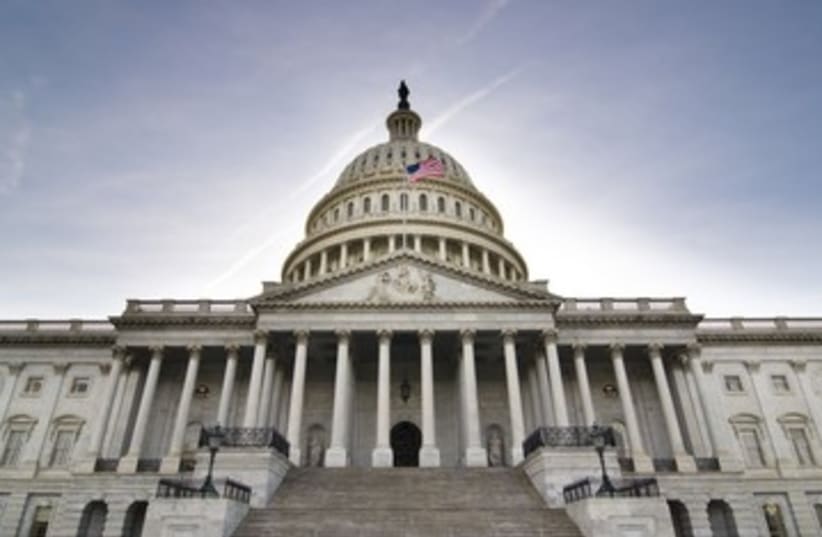The West suspects Iran is working to build a nuclear bomband the sanctions are meant to strip Tehran of revenue byshutting down financial deals with Iran's powerful state oil andtanker enterprises. Iran has said its nuclear program is forcivilian purposes.
The House of Representatives passed its version of the billin December and now the Senate and House must work out theirdifferences in the legislation.
"This bill is another tool that will demonstrate to Iranthat the United States is not backing down," Robert Menendez,the Democratic senator who helped craft the legislation, said onthe Senate floor.
"Today the US Senate put Iranian leaders on notice thatthey must halt all uranium enrichment activities or face anotherround of economic sanctions from the United States," saidRepublican Senator Mark Kirk, a co-author of the bill, in astatement.
New measures against oil industry build on banking sanctions
The new sanctions build on penalties signed into law by USPresident Barack Obama in December against foreign institutionstrading with Iran's central bank. Those sanctions already havecut deeply into Iran's oil trade.
The new package would extend sanctions to cover dealingswith the National Iranian Oil Co and National Iranian Tanker Co,aiming to close a potential loophole that could have allowedTehran, the world's third-largest petroleum exporter, tocontinue selling some of its oil.
The cumulative impact of US sanctions will be severe, saidSuzanne Maloney, a senior fellow at the Brookings Institution'sSaban Center for Middle East Policy.
"Right now, both sides are playing a game of chicken - theIranians want to see how much they can get and how little theycan give, whereas Washington and its allies are counting on thelooming threat of impending sanctions to elicit more concessionson the part of Tehran," Maloney said.
But a former CIA analyst for the Near East and Persian Gulfregion said the sanctions could be counterproductive ahead ofthe Baghdad talks on Iran's nuclear program by making Tehranthink that the West is less interested in a deal than inundermining the regime.
"The biggest requirement now for getting an agreement isnot to pile on still more sanctions, but instead to persuade theIranians that if they make concessions the sanctions will beeased," said Paul Pillar, now a security studies professor atGeorgetown University.
The Senate bill was brought up on Thursday but was blockedby Republicans who wanted some parts toughened up. Senator JohnMcCain said the revised bill shows "we need a comprehensivepolicy" to include economic sanctions, diplomacy, militaryplanning capabilities and options.
Senate Republican Leader Mitch McConnell said the revisionsshow Iran "that all options are on the table, in order toprevent any contrary perception that silence on the use of forcewould have created."The bill also includes language from Senator Rand Paul thatit does not authorize force against Iran, a Paul spokeswomansaid.
